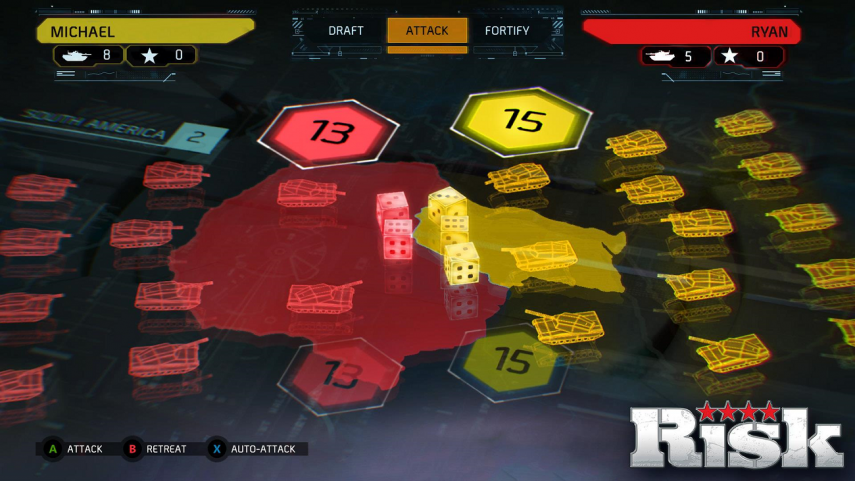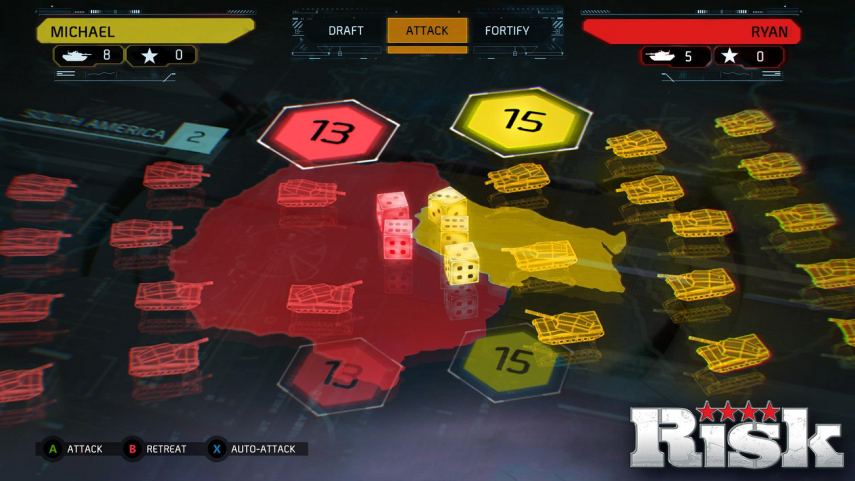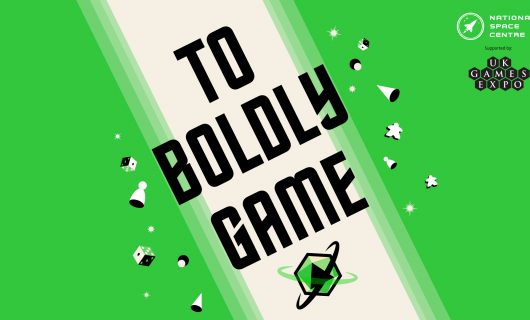
This article by Kevin O Sullivan, was previously submitted to the Imagination Gaming blog for publication. We think it highlights some key issues that we regularly encounter when introducing games but also suggests why its important we continue to do so!
Is it just chance, or are there some common factors that affect or indeed afflict those families where the mention of playing a board game will trigger the strongest of reactions? Some will encounter groans or worse people making for the nearest door; meanwhile in other families peoples’ eyes light up and a stampede for the gaming cupbard ensues. Let’s examine why this can take place – and what we can do about it. I suggest that there are three broad causes (or experiences) within families that result in a negative response to the question ‘anyone fancy a game?’
“I suggest that there are three broad areas within families that result in a negative response to the question ‘anyone fancy a game?’”
A. Playing The Wrong Games
There are thousands of games available but for those who have not discovered the current generation of modern games when asked ‘what games they have you played’ they will likely reel off a series of games whose names will likely include a number of traditional titles such as Monopoly, Trivial Pursuit, Scrabble, and Cluedo. The games will typically have been bought around the holiday season, arguably from retail outlets who sales staff who know little about the games or gaming themselves – they (the outlet) just know what sells. Worse yet are in amnay cases the games based around a popular TV series or film – where the key factor in the purchase is recognition of the images on the box or whether the intended recipient like the program / film in question, if so it must be the right game for them!
Sadly the games mechanisms in question are often weak, heavily luck or knowledge based, or overly confrontational. Worse yet are exclusion dynamics or a playing time that one commentator suggested leads to “the slow strangulation of the weaker players” or as another person put it “At our house Monopoly ruled and there was plenty of conflict, I’m afraid. It went on for hours and it was rare we got to bed without there having been anger, tears and somebody, usually me, tipping the board up in exasperation!”.
“…It went on for hours and it was rare we got to bed without there having been anger, tears and somebody, usually me, tipping the board up in exasperation!”
Even when it is not as bad as this, the game is likely to be uninspiring with little re-playability leaving the players with a sense of ‘well it was OK but’. Essentially non gamers frequently buy games – not because they are good but because they look familiar or are in a gift type stores, or as one games retailer put it because they have asked ‘What’s the best selling game?’ Ergo sales of the best selling game are boosted as a result of topping the best seller list rather than because they are the best game. With most retailers knowing very little about games generally it is not surprising that the games that sell the most are the ones on which the most marketing dollars are spent.
However, even gamers can get out the wrong game, as an enthusiast there is a temptation (one I recognise in myself) to believe that the game everybody else will enjoy is the one ‘I’ wanted to play. When in reality this has often not been the case with my close families and friends. A degree of selflessness is called for as well as an appreciation that what gamers call gateway games may still be too heavy for many and that what is more likely to work is the style of game that gamers call fillers. Games that are light hearted, quick to explain and quick to play.
An encounter with the wrong game(s) inevitably leads to large numbers of people having an unsatisfying games experience because they play a game unsuited to the time available, the mood of the group, its interests or the experiences of the players.
B. People Can Be Too Competitive
It is widely accepted by those of us who play regularly that to have the best gaming experience the Reiner Knizia philosophy should be applied “When playing a game, the goal is to win, but it is the goal that is important, not the winning”. There are however many people who take the competitive dimension of a game to the point that their efforts to win lead to tension and arguments over the rules at the expense (normally unwittingly) of the enjoyment of the other players.
“When playing a game, the goal is to win, but it is the goal that is important, not the winning”
Reading the rules is not something many enjoy and often falls to one person to read and therefore lead the game. However woe betide them if some element is overlooked, they are likely to hear the cry ‘but you didn’t explain the rules properly’. Yet few people undertake to share the task of reading the rules other than when they feel aggrieved when the cry of ‘give the rules here’ is followed by the aforementioned ‘but you didn’t ……….’!
The issues around rules can be exacerbated further as we all learn at our own pace, so some will ‘get’ a new game immediately whilst others need more time, meaning they are slower when taking their turn. This can cause huge frustration amongst those who know what they want to do and want to ‘just get on with it’ which then leads to an equal measure of frustration amongst those who are enjoying the game but need a little more time; and so the downward spiral can begin.
The upshot of this is that even with a good game players can have a highly unsatisfactory gaming experience where some players are competitive bordering on a must win mentality, whilst to others ‘it’s just a game’ so they are happy to enjoy the journey at their own pace, winning is just a happy bonus and if there is some anomaly in the rules explanation it is nothing worth having words about.
C. Not Everybody Finds Humour In Ridicule
The combination of a poor choice of game and the overly competitive nature of some people leads to the third factor. The reason to play games is to have fun and ideally this will lead to humorous exchanges as situations in the game and between the players leads to imaginative interpretations. However, if this humour is aggressive and targeted at another player or players it can lead to either offence being taken or an argument or worse still an unspoken sense of inferiority. This behaviour, which recipients might go so far as to call bullying, can lead to the strongest anti reaction to playing games.
The sad thing is that for people who do not see themselves as gamers the baggage they carry from previous gaming experiences, frequently within the family setting, can lead to anything from ambivalence to a much stronger view that they don’t like playing games or a refusal to ever play another game.
So Why Do Some Families Love Playing Games?
Having discussed a number of reasons why games don’t work in some families, the question then becomes why do some families have so much fun with games? Maybe because they have a game, or selection of games, suited to the people playing; maybe because the level of competitiveness between the players is broadly equal or because the humour surrounding the game is a shared humour which leaves no one feeling targeted; maybe all three? However in truth I do not think it is just chance.
I believe those families who really enjoy games are those who pro-actively place greater emphasis on the following:
1. Making The Experience Fun
Playing games should be a relaxing, amusing, and for those that want that kind of game a challenging experience, but never stressful. Whilst the focus is the game, enjoying the whole experience adds immeasurably to the game, this might stretch to the food before, after or during, the music playing in the background, the theme, the humour in the game, getting into character, even the educational dimension. If everything is right then you loose yourself in the game, have fun and wonder where the time has gone.
2. Making Time To Play Games
Turn the TV off and suddenly there is more time to play games. It is often stated that there is not enough time to play games yet according to a recent report parents in the UK believe their children spend 13.9 hours per week “watching TV and using games consoles and other electronic equipment” and yet according to the same report 73% of children would rather play with their parents than watch TV. When the technology goes off there is suddenly a lot more time to do things together as a family, like play games.
3. Play What Others Want
Everybody reading this article will have their own personal favourite games but these do not necessarily excite everybody else within the family. To ignite the flame of enthusiasm for playing games might require that your personal favourite doesn’t make it to the table as often as you might like. Certainly this is the case with me, but seeing the delight and enjoyment others get from playing games at our house is more than ample compensation.
4. Introduce Games To Children Early
It is arguably never too early to introduce children to the delights of modern games with their wonderful components and themes. The rules come second or even third. Ultimately pretty much any game supports the learning process (albeit some better than others) and if you can create an enthusiasm to play games then even if at times they hate school they cannot help but be developing their intellect as they play games and have fun.
5. Have A Variety Of Games
We do not always want a three course meal and in the same way we do not always want to sit down and play Settlers of Catan or what ever is your favourite game. With so many games available arguably there is never a time when you would say we haven’t got time to play a game. My “road to Damascus” moment came last year when following the encouragement of friends I discovered the wealth of games available out there just beyond my narrow field of focus. This resulted in a family with 2 seven year old boys coming to stay and playing, at their request, more than 12 different games during their 4 day stay with us, historically only one of these would have interested me. The Playstation and its ilk was never asked for once and the TV only went on a couple of times to watch a specific DVD.
By the nature of what we do we have played games with hundreds of people and almost without exception the people we meet love playing these games and walk away saying ‘I have never seen games like that before’ or ‘how come you cannot buy games like that on the high street?’ These comments cannot but reflect on the family gaming experiences they have had to date.
Getting games to work in families is not just about having good games (although that helps) but also making time and bringing the right attitude. When done well it can lead to some great gaming experiences and a positive response to the question ‘do you fancy playing a game?’



